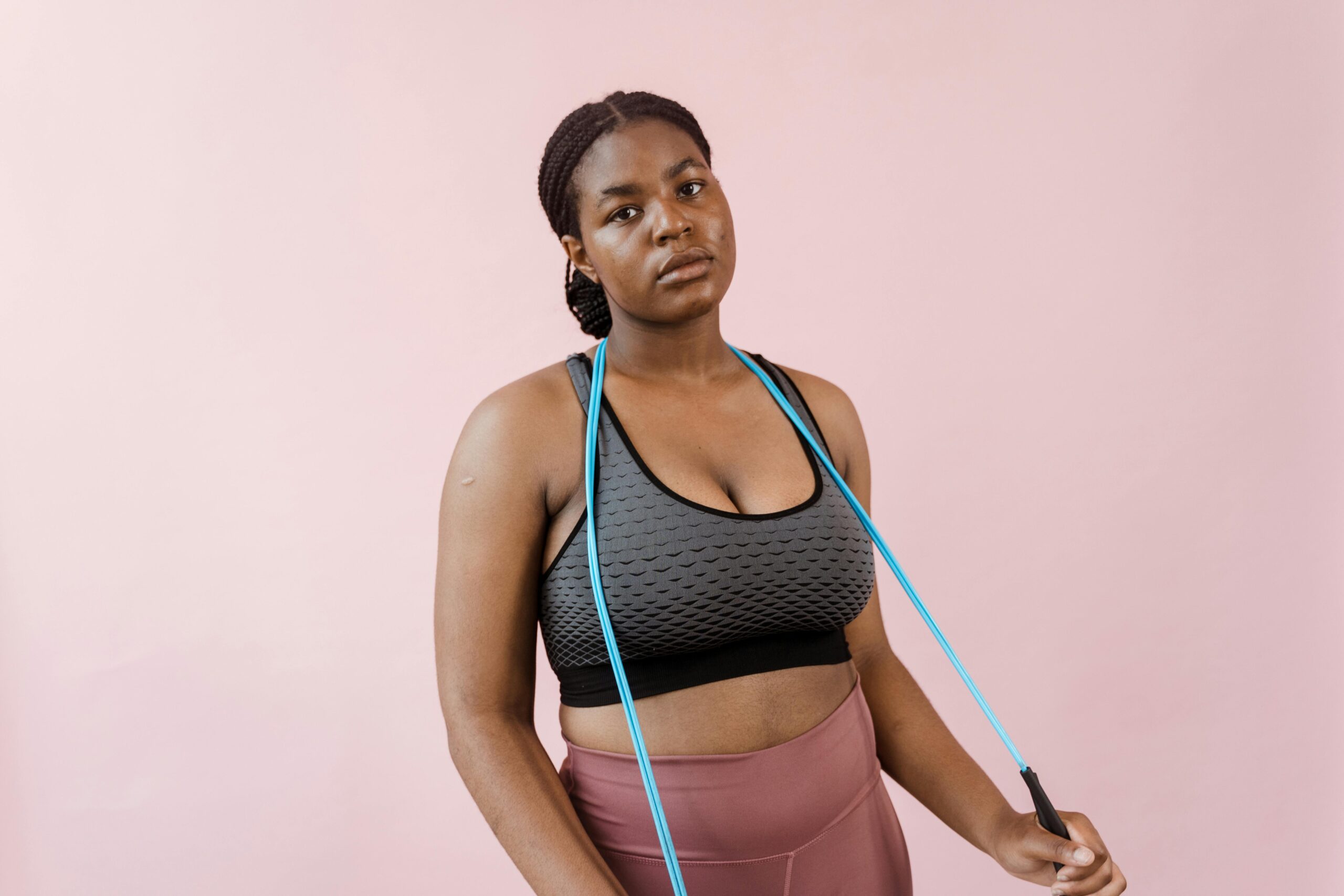Starting a fitness journey is both incredibly exciting and deeply intimidating. It can seem like there are too many routes to take, from being a weightlifting baddie to a Pilates princess. There are also countless tools you’re encouraged to enlist, including food scales and body scales.
However, when you have a scale in your home, it can tempt you to weigh yourself multiple times a week. While a study published by the Obesity Society showed that people who weigh themselves daily are more likely to consume fewer calories and lose significant weight, studies have also shown that this can be detrimental to your mental health. Here’s what to know about whether or not owning a scale is right for you.
The Pros and Cons of Weighing Yourself
Scales are the easiest way to measure progress. Whether you’re building muscle or trimming down fat, they’re a tangible way to track your journey. It can be encouraging when you’re not feeling up for it to see a number validate the hard work. Scales can also be a helpful check-in if you’re simply maintaining your weight.
For some, stepping on the scale can be a triggering experience rather than a supportive one. There may be a slight increase in your number even when you’ve been consistent. Perhaps, the scale shows no progress at all when you’ve been going hard at the gym.
There are so many factors that impact what shows up on the scale. From how early you are in your fitness journey to fluctuating hormones, it’s important to note that your weight can change drastically. It may not be because you’ve gained a ton of fat suddenly. It may be because you’re retaining water or entered a new phase of your cycle. Muscle also weighs more than fat, which means while your body shape may be looking more toned the number will be higher.
Many can equate the number they see to success or failure. It may become so attached to a goal weight that it begins to define their worth. It can deteriorate your self-image and impact your relationship with food, regressing you rather than uplifting you. This is why some women opt not to know their weight at all. Their self-imposed ignorance protects them from the rollercoaster ride of feeling good about their body, stepping on the scale and not seeing the number that they want and suddenly feeling awful about themselves.
Do What’s Best For You
Ultimately, you know what’s healthiest for your mind, body and soul. If you find that weighing yourself regularly doesn’t impact your psyche or send you down a spiral that tempts you to give up altogether, owning a scale should be no big deal. It’s recommended to weigh yourself no more than once a week at the same time of day.
However, if you find that knowing that number has a negative impact on your mental health, you can use other methods for tracking progress. This includes noting any change in the fit of your clothes or monitoring how you’re building endurance. Beyond all else, if you’re feeling healthier and proud of yourself for committing to your own betterment, no scale can truly measure that kind of win.
